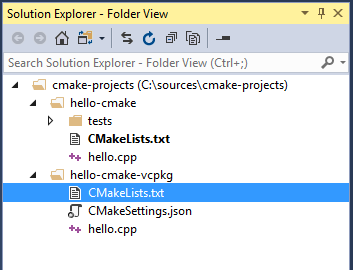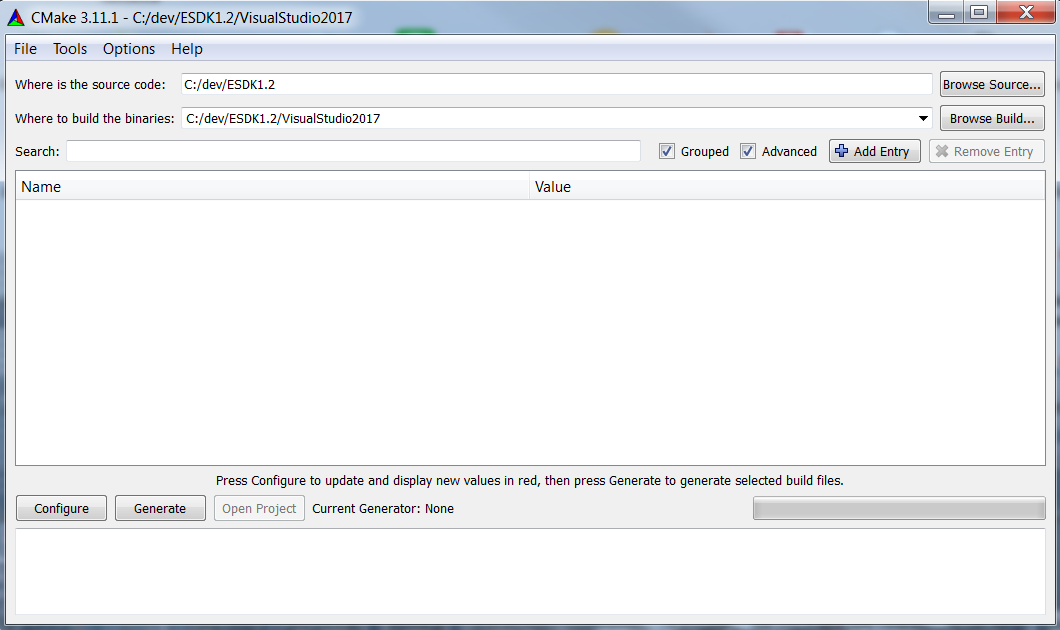

(Distrowatch’s popularity figures reflect the popularity of Distrowatch’s pages on each distribution, not the usage of each distribution). with CMake (as opposed to building projects that are going to run in MSYS2 posix emulation runtime) make sure to install the MinGW version of CMake.

But it’s impossible to get reliable data. I suspect the most popular distribution on the desktop is Ubuntu, followed perhaps by Fedora (ignoring macOS and ChromeOS) on servers, RHEL, CentOS and other RHEL derivatives, Debian, Ubuntu, and proprietary distributions used by server hosts, in some order. If you want to include releases which are still in wide use, then you’re down to 2.8.12.2 since CentOS and RHEL have a large installed base (but again, see EPEL), or 3.5.1 if you want to ignore that but still include popular releases of Debian and Ubuntu. The CentOS situation should be temporary anyway, since CentOS 8 is forthcoming, and can be worked around by using EPEL. Remember to check this page regularly, as the example link below will become outdated over time.
Cmake version download#
First, visit the CMake GitHub releases page and grab the download link for the latest version. If you stick to the latest version of all distributions above, then 3.5.2 covers everything apart from CentOS, and 3.10.2 covers everything apart from CentOS and Slackware. Step 2: Download the CMake Version of Choice. I don’t know what’s needed to cover 90% of the installed base. The versions above are the latest version available in each release of the given distribution, not necessarily the default version - I expect most users to be comfortable enough keeping their distribution up to date within a given release. EPEL carries a cmake3 package providing version 3.13.5 for CentOS and RHEL 7, and version 3.6.1 for CentOS and RHEL 6.

In addition to the above, RHEL 8 has 3.11.4 previous versions of RHEL carry the same version as CentOS (as you’d expect). openSUSE Tumbleweed: 3.13.4 (this is the rolling release of openSUSE).openSUSE Leap: 3.10.2 (this is the release-based distribution version of openSUSE).For example, the linux-x8664 tar file is all under the directory cmakelinux-x8664. Development versions of BLFS may not build or run some packages properly if dependencies have. They are prefixed by the version of CMake. A significant user of CMake is KDE since version 4. The tar file distributions can be untared in any directory. The files are compressed tar files of the install tree. OpenMandriva: 3.14.5 (OpenMandriva 4.0), 3.11.4 (OpenMandriva 3.0) The files are gziped tar files of the install tree.A semi-updated version of cmake is available through yum, but named cmake3.
Cmake version how to#
tells me that the available versions of CMake in the Linux distributions it knows about are as follows: git -version git version 1.8.3.1 cmake -version cmake version 2.8.12.2 This gist is mainly because I always forget how to do it when setting up a new system for myself, but it also shows a simple method for dealing with alternative versions of software.


 0 kommentar(er)
0 kommentar(er)
